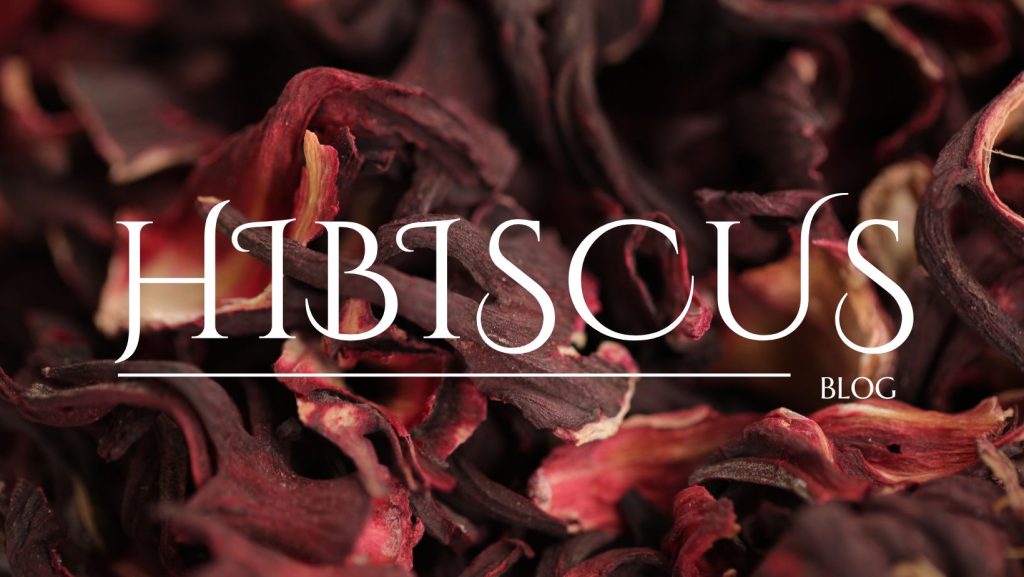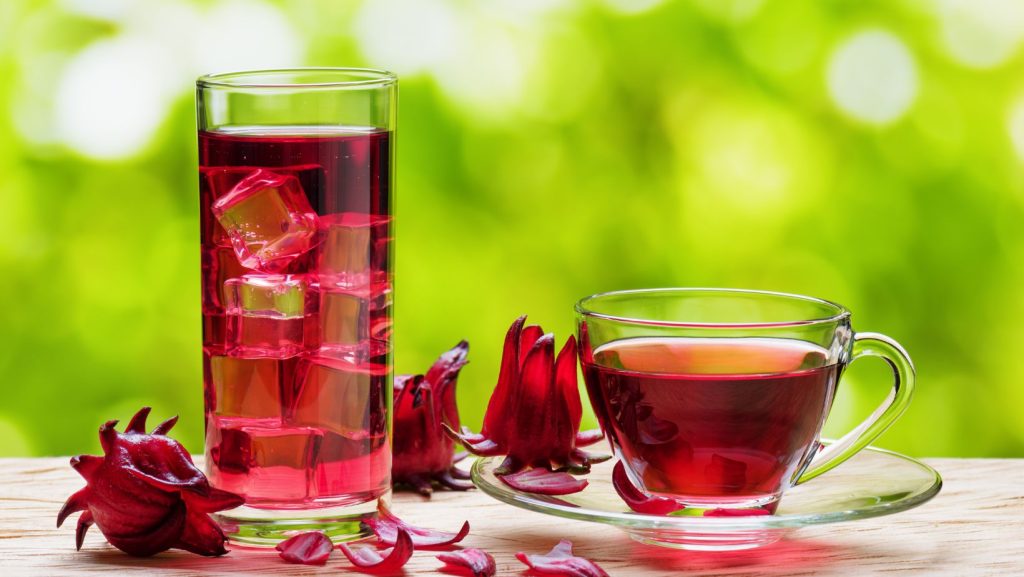Unlock the Power of Hibiscus: Discover Its Remarkable Health Benefits
Hey there, health enthusiasts! Are you ready to uncover the secrets of a flower that not only adds vibrant beauty to your garden but also packs a powerful punch when it comes to your well-being? Look no further than the captivating hibiscus flower! In this blog post, we’ll dive into the fascinating world of hibiscus and explore its remarkable health benefits that will have you reaching for a cup of hibiscus tea every day.

The Mighty Hibiscus: A Nutritional Powerhouse
Hibiscus, scientifically known as Hibiscus sabdariffa, is a flowering plant that belongs to the Malvaceae family. It boasts over 300 species, each with its unique charm and potential health benefits. But did you know that hibiscus is not just a pretty face? It’s a nutritional powerhouse packed with essential vitamins, minerals, and antioxidants that can work wonders for your body.
Lowering Blood Pressure: A Natural Approach
One of the most well-studied benefits of hibiscus tea is its ability to lower blood pressure. A review of 10 studies found that consuming hibiscus tea significantly reduced both systolic and diastolic blood pressure in people with hypertension. This is particularly exciting news for those looking for a natural way to manage their blood pressure without relying solely on medication.
Cholesterol Control: Keeping Your Heart Happy
But the benefits of hibiscus don’t stop there. A 2021 review of 39 studies found evidence that hibiscus tea may also help control high cholesterol levels. By reducing “bad” LDL cholesterol and increasing “good” HDL cholesterol, hibiscus tea can contribute to a healthier heart and a lower risk of cardiovascular disease.
Diabetes Management: A Promising Ally
If you’re living with diabetes, hibiscus tea might just be your new best friend. The same 2021 review that found benefits for cholesterol also suggested that hibiscus tea has anti-diabetic effects and may help control blood sugar levels. While more research is needed, incorporating hibiscus tea into your diet could be a tasty way to support your overall health.
Weight Management: A Natural Boost
Are you on a weight loss journey? Hibiscus tea might be able to lend a helping hand. A study published in the Journal of Food Science and Technology found that hibiscus tea consumption led to a significant reduction in body weight, body fat percentage, and waist circumference in overweight and obese individuals. While more research is needed, this suggests that hibiscus tea could be a valuable addition to a balanced diet and exercise routine.

hibiscus tea
Hormone Balance: A Natural Approach to Women’s Health
Hibiscus tea may also offer benefits for women’s health. It contains phytoestrogens, which are chemicals that act like estrogen in the body. While more research is needed, some studies suggest that hibiscus tea may help reduce PMS symptoms and ease menopausal discomforts. Always consult with your healthcare provider before making any significant changes to your diet or treatment plan.
Immune System Support: A Vitamin C Boost
Hibiscus tea is rich in vitamin C, an essential nutrient for a healthy immune system. By drinking hibiscus tea regularly, you can help support your body’s natural defenses against illness and infection. Plus, vitamin C is also important for skin health, making hibiscus tea a great choice for those looking to maintain a youthful glow.
Liver Health: A Natural Detoxifier
Your liver works hard to keep your body running smoothly, and hibiscus tea may be able to lend a helping hand. Studies suggest that the antioxidants in hibiscus tea may have protective effects on the liver, helping to shield it from various toxins. By incorporating hibiscus tea into your diet, you may be able to support your liver’s natural detoxification processes.
Hair and Skin Benefits: A Natural Beauty Boost
Hibiscus tea isn’t just good for your insides; it can also work wonders for your outer beauty. The antioxidants and vitamins in hibiscus tea can nourish your scalp, promoting healthy hair growth and preventing split ends. It can also help combat dryness and frizz, leaving your locks looking vibrant and rejuvenated. And let’s not forget about skin benefits – the vitamin C in hibiscus tea can help promote a radiant complexion and even skin tone.
Potential Risks and Precautions
While hibiscus tea is generally safe for most people, it’s important to be aware of potential risks and precautions. Pregnant women should exercise caution due to its potential to lower blood pressure and its association with uterine stimulation. Those with acid sensitivity may want to consume it in moderation due to its slightly acidic nature. And individuals with pre-existing kidney conditions or diabetes should consult with a healthcare professional before incorporating hibiscus tea into their diet.
FAQ About Hibiscus
Q: What is hibiscus tea made from?
A: Hibiscus tea is made from the dried petals of the hibiscus flower, specifically Hibiscus sabdariffa. The tea has a tart flavor and a deep red color.
Q: How often can I drink hibiscus tea?
A: Most studies suggest that drinking 1-3 cups of hibiscus tea per day is safe for most people. However, it’s best to consult with a healthcare provider for personalized advice.
Q: Can hibiscus tea help with weight loss?
A: Some studies indicate that hibiscus tea may aid in weight loss by reducing body fat and waist circumference, but it should be combined with a healthy diet and exercise for the best results.
Q: Are there any side effects of hibiscus tea?
A: While hibiscus tea is generally safe, it can cause a drop in blood pressure and may interact with certain medications. Pregnant women and those with specific health conditions should consult a doctor before consuming it.
Q: Where can I buy hibiscus products?
A: You can find high-quality hibiscus products, such as hibiscus powder, at Hennahub, a reputable supplier known for its natural and organic offerings. Check out their hibiscus powder here.
Conclusion: A Flower-Powered Path to Better Health
As you can see, the humble hibiscus flower is a true powerhouse when it comes to health benefits. From lowering blood pressure and managing cholesterol to supporting weight loss and immune system function, this versatile plant has a lot to offer. So why not give hibiscus tea a try and see how it can enhance your well-being? Just remember to always consult with your healthcare provider, especially if you have any underlying health conditions or are taking medication. Here’s to a healthier, happier you, powered by the amazing hibiscus flower!
Buy Organic Hibiscus leaves: Click here
Buy Organic Hibiscus Powder: Click here
Buy Orgasure hibiscus powder : Click here
Buy Hennahub hibiscus powder : Click here
Buy Hibiscus Powder in bulk: click here
Visit Hennahub store: click here
#Hibiscus #HealthBenefits #HibiscusTea #NaturalRemedies #Wellness #HealthyLiving #HerbalTea #Nutrition #Beauty #HibiscusPowder #HolisticHealth #hennahub
Read more: Organic Magic- Revitalize Your Skin with Orange Peel Powder for a Natural Glow






